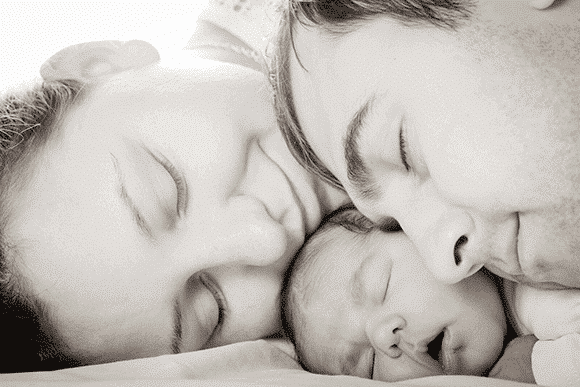
22 Jul 2019 1st U.S. Birth Via Uterine Transplant Offers New infertility Treatment Option
U.S. fertility specialists and reproductive advocates are celebrating the June birth of the first healthy baby delivered in the United States following a successful uterine transplant from a deceased donor.
The baby was born via cesarean section last month to a woman at the Cleveland Clinic, a participant in the clinic’s trial for women with uterine factor infertility, as CNN reported recently. The June 2019 birth was the second live birth resulting from a uterine transplant from a deceased donor: the first occurred in 2017 in Brazil, when a 32-year-old woman born without a womb delivered a child after receiving a uterus donated by a 45-year-old woman who'd died of a stroke.
As described by the Cleveland Clinic, uterine factor infertility, which includes both women who were born with no uterus or uterine damage and those injured by infection or medical procedure, affects 3 percent to 5 percent of females, an estimated 50,000 women in the United States alone. As explained in the description of the clinical trial, for some women with the condition, uterine transplantation may represent the only option for parenthood:
Existing options for women affected by [uterine factor infertility] UFI are limited to adoption or maternal surrogacy…. Adoption and surrogacy are considered acceptable options for many women with UFI. For others, due to social, ethical, cultural and/or religious reasons, these options are not permissible. In many countries around the world, maternal surrogacy is illegal, leaving no option for UFI patients to conceive a biological child.
The Cleveland Clinic also was the site, in 2016, of the first uterine transplant in the U.S., also from a deceased donor. In that case, physicians removed the transplanted uterus from the 26-year-old recipient a month after implantation due to a sudden complication, according to the CNN report.
There have been a total of 11 human uterine transplants worldwide, the first performed in Saudi Arabia in 2000, according to the Cleveland Clinic. As is the case with all organ transplants, rejection of the transplanted uterus is a constant risk, and the recipient is treated with immunosuppressive drugs to combat it. Researchers studied the effects of the anti-rejection drugs on pregnant women who underwent kidney and liver transplants to help avoid complications with the uterine transplants, CNN reported.
Even with the recent successful birth, uterine transplantation as a treatment for infertility is still in its infancy. In current practice, the transplant is considered “ephemeral”; that is, the intent is to remove the transplanted uterus following the birth of one or two children. Like procedures such as face transplants or hand transplants, a uterine transplant is classified as a “life-enhancing” rather than a “life-saving” procedure. As the technology becomes more widely available and results more consistent, it is sure to be a “life-changing” option for many would-be mothers.

















